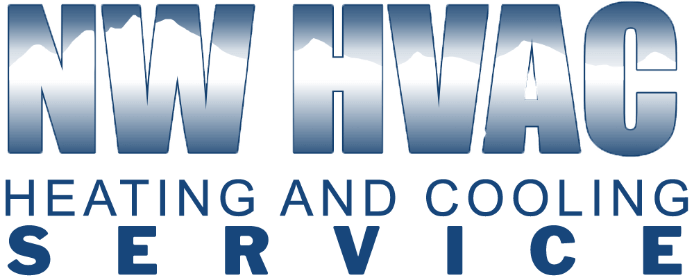Although you may not know it, the air inside your Vancouver, WA, home may be harmful to your health. That’s because it may contain anywhere from two to five or more times the concentrations of pollutants found in the outdoor air. This has become more of an issue in recent years as homes become more energy-efficient and airtight. Without passive ventilation to replace your indoor air with fresher outdoor air, pollutants have nowhere to go and may rise to unhealthy levels. Fortunately, there is something you can do about it. Air filtration can help ensure your home’s air remains fresh, clean, and pollutant-free.
What Is an Air Filter?
An air filter is a type of physical medium designed to trap particulate matter and other pollutants as air passes through it. Most air filters, whether in your home’s HVAC system or an air purifier, rely on fans to push air through the filter medium before returning the clean air to the surrounding space. Every forced-air central HVAC system, like furnaces and central air conditioners, contains an air filter. The filter protects your equipment’s internal parts from dust and debris and removes airborne contaminants from your home’s air.
What Is a MERV Rating?
If you’ve ever gone shopping for a replacement for your HVAC system’s disposable air filter, you’ve likely noticed that there are multiple types of replacements to choose from. You’ll find that each one, besides listing its dimensions, also lists a MERV rating. That stands for minimum efficiency reporting value, and it’s a rating system that tells you how effective the filter is. In general, the higher the MERV rating, the smaller the types of particles the filter can remove from your home’s air.
Most homeowners use an air filter with a MERV rating between 8 and 10. This is because they offer a good balance between effectiveness and cost. A HVAC air filter with a MERV rating of 10 should remove up to 85% of common airborne pollutants like dust, pollen, pet dander, and biological contaminants. However, if you’d like better air filtration, replacing your HVAC filter with one with an MERV rating of up to 13 if you have a newer HVAC system is possible. One of these will upgrade your protection against contaminants to about 90%. A MERV 13 filter will also remove even smaller contaminants like certain viruses.
It’s worth noting, however, that you should consult a professional HVAC technician before upgrading to a HVAC air filter with a higher rating. This advice is necessary because higher-quality filters can interfere with your system’s airflow and cause unnecessary wear and tear on your system. In many cases, your HVAC blower fan will need adjustment to accommodate such filters, which you should never attempt on your own. You will also have to replace filters with higher MERV ratings more frequently because they capture more airborne particles.
Whole House Air Filtration
Since your HVAC isn’t purpose-built to be an air filter, there are limits to how much a HVAC air filter will improve your home’s air quality. For the best results, you could instead turn to whole-house air filtration. Such filters work in concert with your HVAC to purify your home’s air by removing the vast majority of contaminants in it.
Most whole-house air filtration systems use an air filter called a high-efficiency particulate air (HEPA) filter. HEPA filters remove up to 99.97% of all particulate matter from your air down to .3 microns in size. That’s small enough to cover the majority of common home indoor air pollutants. This is also why you’ll find HEPA filters in use in places where airborne contaminants pose a risk, such as hospitals and other medical facilities.
You can also opt for a UV-light-based air purification system for your home. Exposure to UV light can sterilize your home’s air. They work because UV light can destroy most viruses and mold spores outright or damage them in a way that prevents them from reproducing.
Your Local Air Filtration Specialists
At [company_name], we have been serving the residents of Vancouver, WA since 1977. Our team of NATE-certified HVAC technicians can help you determine your air filtration needs and then recommend and install a system that meets them. We also install, maintain, and repair heating and cooling systems. Contact us today to schedule an appointment with one of our expert HVAC technicians.

